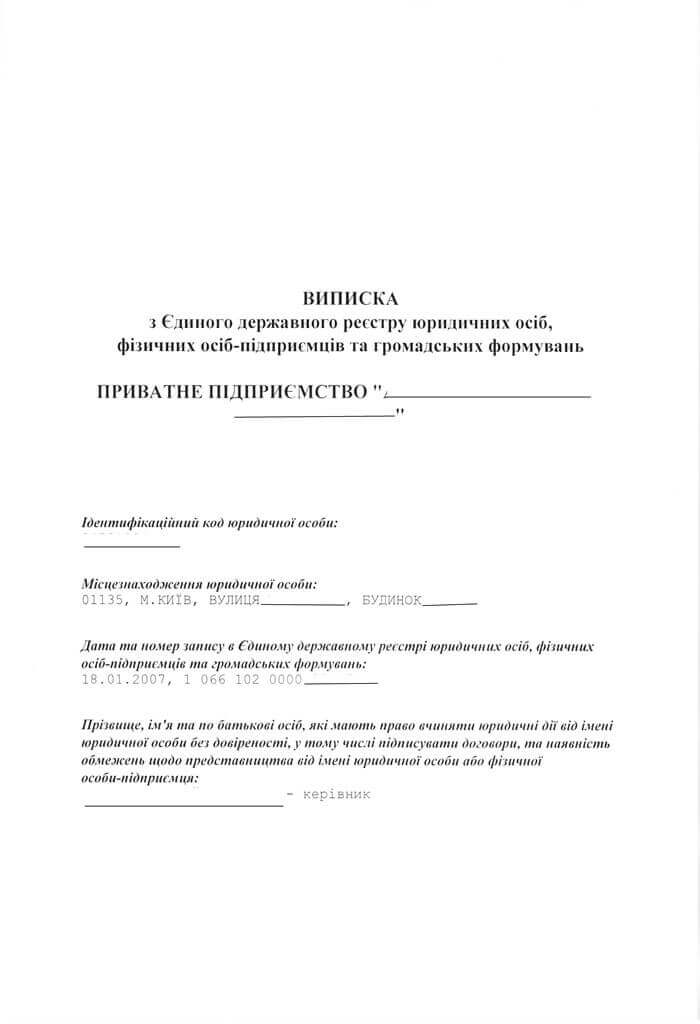How to fire the director of an enterprise without his consent?

Sometimes the company’s economic situation requires a reduction of expenses for the “maintenance” of management. There are situations when the director’s views on the operation of the company differ from those of its owners.
If an agreement can no longer be reached, and the only solution seems to be dismissal, the question arises of how to dismiss the director if he has not been observed to be systematically late or not performing his job duties or other things that are considered grounds for the employee’s dismissal.
Even so, it is possible to remove the company’s director on legal grounds.
You may also like: Change Of A Director During Quarantine
In this situation, you have to understand that the director is:
- An executive body;
- The company’s employee (regardless of whether the person is also the founder (member, shareholder) of the company).
You may also like: How To Hold An Employee Liable In A Court Case?
Therefore, it is important to observe the following dismissal procedure:
Step 1. Decision of the company’s supreme body on termination of the director’s powers.
In accordance with Part 3 of Article 99 of the Civil Code of Ukraine, the director of the company may be released from the fulfillment of his/her duties at any time and on any the grounds by the body that appointed the director, and this may be:
- general meetings of shareholders or the sole shareholder (for joint stock companies);
- general meetings of shareholders (for limited liability organizations and other forms of business), etc.
The decision must contain at least the following clauses:
- on the termination of the director’s powers as an executive body;
- termination of the agreement with the director.
In addition, it is important to comply with the provisions of the company’s charter (or other constituent document) in terms of the procedure for termination of the director’s powers. In particular, it is worth checking whether it is necessary to obtain the approval of other bodies of the company (for example, the Supervisory Board, if such was created), clearly comply with the procedure for holding a meeting of such body, the order of adoption and the form of the decision on termination etc.
According to court practice, failure to comply with the decision-making procedure of the company’s authorized body, in some cases, may serve as a basis for invalidation of such a decision.
Step 2. Termination Of Relations With The Director.
The relationship between the company and the director can be formalized as an employment agreement/contract, or civil law contract. Let’s consider both situations.
If the director is a hired employee, the dismissal can be carried out on the basis of paragraph 5 of Part 1 of Article 41 of the Labour Code, namely in connection with the termination of the powers of the director as an official.
In this case, it is worth taking your time and examining the agreement/contract for special conditions and the procedure for dismissal. For example, the agreement may require sending a written notice to the director some time before the date of termination and other “surprises”.
While according to the Supreme Court, the compliance with such conditions is not required to terminate the employment agreement/contract with the director, it should be understood that court practice may change, including through the active position of the director.
You may also like: Written Employment Agreement In 2020
If a civil law contract has been concluded with the director, it usually contains the procedure for termination of relations.
Please note! Failure to comply with the termination procedure at any of the above stages may be grounds for declaring the dismissal illegal, with the director to be reinstated in office, and paid with the following amounts:
- average wage for the entire period from dismissal to reinstatement (including during legal proceedings) in the case of an employment relationship;
- compensation in the case of civil law relations.
Therefore, the entire dismissal process must be carefully designed, taking into account:
- the peculiarities of the company functioning;
- the terms and conditions of the relationship with the director;
- certain aspects of the law and other nuances.
Proper planning with the involvement of a specialist will help prevent the risk of unjustified costs in the future.
If you need help in organizing a painless dismissal process of the company’s director, don’t hesitate to call us.
Didn’t find the answer to your question?
Our clients








